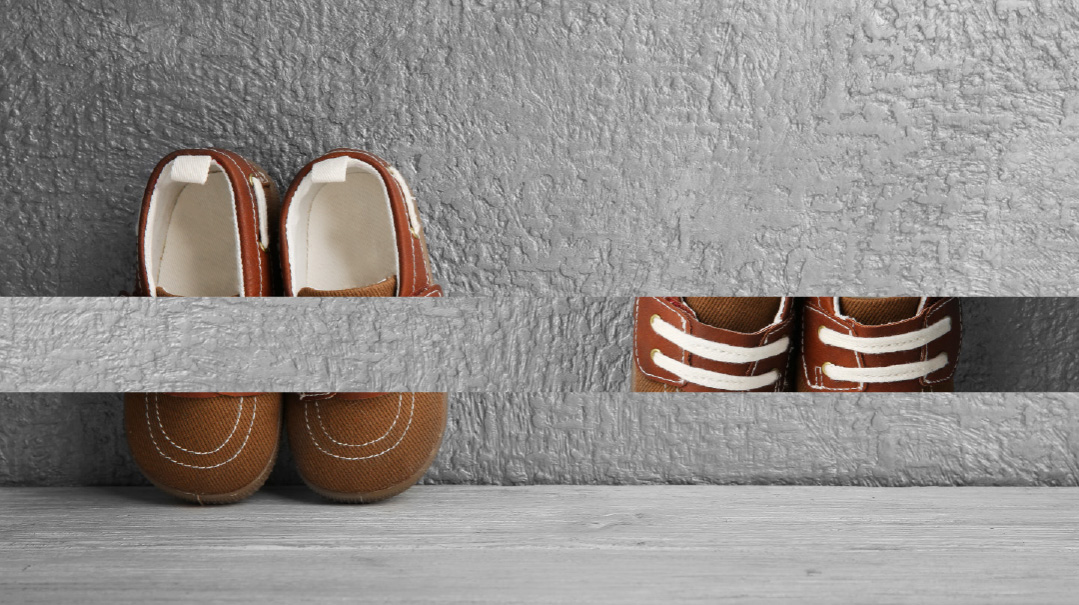Never Beyond Help

In the spirit of V’nahafoch hu, Mishpacha contributors share the axioms they were sure of…until they weren’t

As told to Yael Schuster
Ahuva Cherns
Monsey, New York
I always thought that some people are a cinch to set up, and others are nearly impossible. Until I learned that…
Shira sat down in my dining room and I immediately knew the type: Bais Yaakov through and through, looking for the Philly—Brisk—BMG trajectory, happily ever after. But as soon as she started speaking, I realized how wrong I was.
“Mrs. Cherns, I’m looking for a very Torahdig boy, someone who loves and lives Torah, whose passion is Torah,” she said, and then added, “but I strongly believe in Torah im derech eretz, and while of course he should be in yeshivah, he should also be in college now.”
Shira was extremely refined, sweet, and authentic; in fact, she stood out from the crowd. But her mindset seemed about 15 years outdated; as far as I knew, our society no longer produced such a breed. I knew who I could help, and it definitely wasn’t her.
If I was impressed when first meeting her, my admiration grew precisely every three months, when, like clockwork, I’d receive some version of this in my Inbox:
“Hi, Mrs. Cherns, thank you so much for continuing to try on my behalf — I’m really grateful. The amazing work that you do for the klal should be a zechus for you and your family. I know how busy you are, but I just wanted to remind you to please keep me in mind, thanks so much again!”
Each email caused me to cringe more than the last. I really would’ve loved to help her, but she was looking for a needle in a haystack. No boy such as she described ever crossed my threshold, inbox, or voicemail. The escalating spiral of emails and cringes continued for four entire years.
My husband is a chazzan, and in that capacity we were invited to a lovely kiruv Shabbaton in Los Angeles; the guests were a mix of secular and local frum families. Ten minutes to Shabbos, I was scurrying around my room getting ready when my phone pinged with an incoming email. I was curious and took a peek.
Ugghhh. It was Shira again. Each word of polite request and sweet gratitude was a dagger. This never-ending situation was so uncomfortable, but there was nothing I could do about it.
Shabbos morning I found myself in the tea room chatting pleasantly with Mrs. Green, a warm, wholesome LA-er married to one of the top doctors in town. We meandered onto the topic of shidduchim, and though she didn’t know I was a shadchan, she started describing her son Shlomo.
“He’s looking for a unique kind of girl, and he’s having trouble finding it,” she said. “Shlomo is very frum, is passionate about learning, and is also in college at night studying to become an engineer. He needs a girl who’s positive, who always looks at the bright side. Someone with hakaras hatov.”
As she went on about her son, I was literally biting my tongue. (Shidduch basics: Let the mother finish her shpiel before suggesting your fabulous idea. If you pretend to think of it only after the whole shpiel, she’ll think you’re matching all 25 traits she told you about. If you jump in with your idea in the beginning, she’ll realize you’re only matching them on one or two.)
Finally, it was my turn, and I told her about a wonderful girl I thought would be perfect. “But don’t just take my word for it, I want to show you something after Shabbos.”
As soon as Shabbos was over, I couldn’t run to her room fast enough. I shoved my phone into her hand. “Read,” I ordered. “This just came in from a girl who’s been reaching out to me for four years, and I haven’t set her up even once.”
She read the upbeat, appreciative email, and was visibly moved. “I want a girl just like this for my son,” she said.
Although I’d already made over 100 shidduchim, as I watched Shira and Shlomo stand under the chuppah together, I experienced a new kind of nachas. This was a celebration not just of their beautiful union, but of a personal expansion as well. From the way this shidduch practically fell into my hands from Above, I learned that everyone — in every kind of box — has an equal chance of being helped, at the moment of Hashem’s choosing.
Just the other day, Leora sat down in my dining room and I immediately knew the type. In the old days, two words would have run through my mind: No way. I looked at Leora and flashed a genuine, interested smile. “How can I help?”
Mrs. Ahuva Cherns is a social worker and shadchan in Monsey, New York. She has worked in the field of shidduchim for 20 years.
(Originally featured in Mishpacha, Issue 902)
Oops! We could not locate your form.





